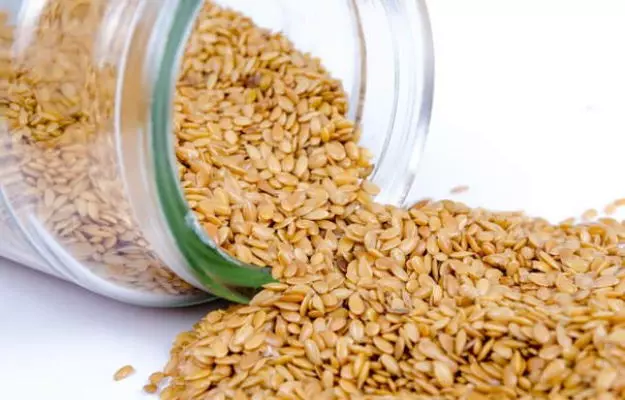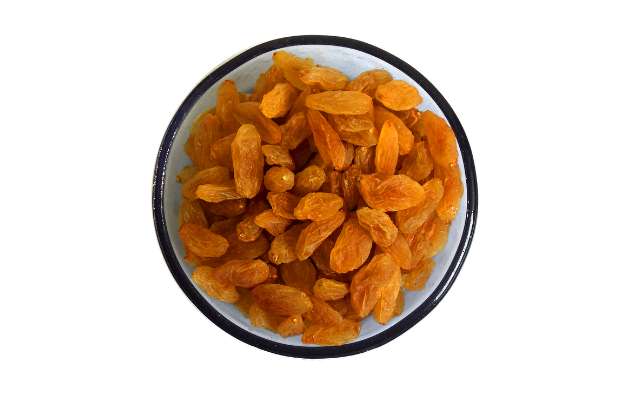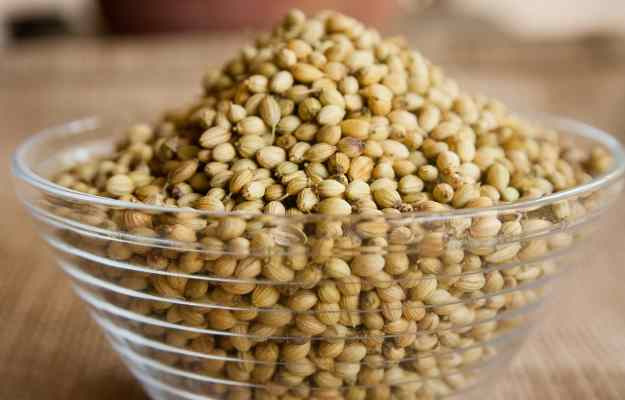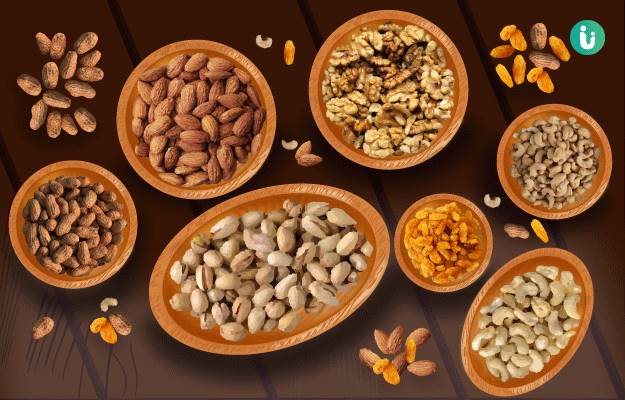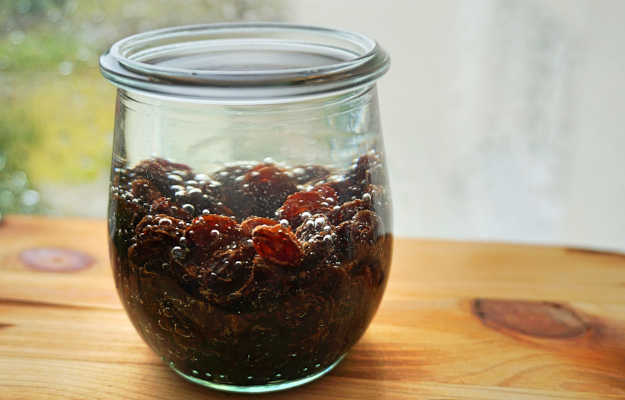Quite sure you enjoy the delectable taste of sesame with your burger and buns, but did you know that sesame has several benefits for your health? These tiny seeds are packed with a blend of nutrients and are the richest sources of healthy fats. The nutritional composition of sesame seeds also makes it great antioxidant food, thus protecting your body, skin and internal organs from damage.
These seeds are extensively studied for human health and the results have always been astonishing in terms of improvement in exercise performance, delay in the signs of ageing and prevention of high cholesterol, high blood pressure and cerebral ischemia among others. You will find these benefits in greater details in this article.
Due to its impressive health benefits, the use of these seeds is widely recommended for general health promotion and it has also been suggested to be used as a nutraceutical agent (foods which have pharmacotherapeutic effects).
To learn more about sesame, its nutritional composition and basic facts will be discussed prior to its health benefits.
Some basic facts about sesame
Sesame is a flowering plant, whose seeds are widely used to produce sesame oil. Sesame is grown as an annual plant. Both the oil and seeds have a rich nutritional composition and benefits for health. Sesame is an important oilseed crop but its harvest is limited by factors like water logging, salinity and fungal diseases. So, it is commonly grown by genetic transformation technique to improve the quality of seeds. Here is what you must know about these seeds:
- Scientific name: Sesanum indicum
- Family: Pedaliaceae
- Common name: Benne, Til
- Native region and geographical distribution: Sesame was conventionally grown in parts of Africa, whereas Sesamum indicum is native to India. These seeds are widely grown and used in China, Korea, Russia, Turkey, Mexico and South America other than being grown in India and Africa.
- Parts used: Seeds.
- Sesame nutrition facts
- Sesame health benefits
- Uses of sesame and dosage
- Sesame toast recipe
- Sesame side effects
Sesame nutrition facts
Sesame seeds are most commonly used to derive sesame oil and are thus the richest sources of oils and fats. But, fats don’t limit its nutritional composition, as it also has:
Nutrients and value per 100 gram
- Water: 4.7 gram
- Energy: 573 kcal
- Protein: 17.7 grams
- Fats: 49.7 grams
- Total saturated fatty acids: 7 grams
- Monounsaturated fatty acids: 18.7 grams
- Polyunsaturated fatty acids: 21.8 grams
- Carbohydrates: 23.4 grams
- Fibres: 11.8 grams
- Calcium: 975 mg
- Iron: 14.5 mg
- Magnesium: 351 mg
- Phosphorus: 629 mg
- Potassium: 468 mg
- Sodium: 11 mg
- Zinc: 7.7 mg
- Vitamin E: 0.25 mg
The above values are according to USDA database.
Sesame health benefits
Now that you are aware of the nutritional composition of these seeds, it must not be a surprise that these have immense benefits for your health. Let’s explore these benefits in detail.
Sesame as an antioxidant
Antioxidants are important foods that protect your body against oxidative stress and damage from the harmful activity of free radicals, generated as a consequence of several body mechanisms.
Studies have found that sesame seeds have significant antioxidant effects, as apparent from its activity against oxidative stress. This can be attributed to the presence of lignans and other bioactive compounds in these seeds. Sesamin and sesamolin are two particular lignans, which have been found to demonstrate defence activity against reactive oxygen species. They also helped to increase the quality of sesame seed oil.
These studies suggest that its antioxidant activities can facilitate the prevention of several diseases due to its free radical scavenging actions. Thus, it can be ascertained that sesame can be a healthy inclusion in your diet due to its protective activities.
Sesame seeds for good skin
As discussed above, sesame seeds are packed with a great deal of antioxidants, which does not only make it effective in the prevention of several diseases, but also excellent for your skin.
The inclusion of sesame seeds in your diet will help to abolish early signs of ageing like fine lines, wrinkles and dark spots, which are caused mainly due to excessive free radical activity.
In addition to free radical scavenging actions, there are several other mechanisms by which these seeds are good for your skin. They contain high levels of vitamin E and fats, both of which have independent benefits for your skin. Studies have even found that the inclusion of sesame seeds in your diet increases the bioactivity and availability of vitamin E, thus improving its functions. Vitamin E is majorly responsible for photoprotection, that is, it protects your skin against damage from the harmful rays of the sun. In addition to this, vitamin E is also a great antioxidant and helps to reduce the number of reactive oxygen species leading to delayed ageing and its effects on body systems.
Further, fats help to improve the texture of your skin making it softer and smoother. Now you know what food to eat if you want that radiant, glowing skin.
Sesame seeds for improving exercise performance
Athletes often face a number of challenges in order to reach their maximal potential and performance, diet being a major one. So, how about the inclusion of a type of food that can actually improve exercise performance with its effects on your overall health? Yes, still talking about sesame.
Studies have found that the inclusion of sesame in the diet can help to improve aerobic exercise capacity in players and athletes. This it does by reducing the levels of oxidative stress in the body. Another effect is that it helps to minimise muscle damage and fatigue, thus, improving exercise performance. This was determinable with the help of a study conducted on male soccer players. The subjects who were fed with sesame had better performance as compared to those who were given a placebo during the study duration of 28 days.
Since the results of this addition are pretty quick, you may consider adding this food to your diet if you are an exercise fanatic.
Sesame seeds for lowering cholesterol
Cholesterol is important for the synthesis of several hormones in the body and has other important functions. But, high cholesterol levels are detrimental for your cardiac health increasing the risk of cardiovascular disorders. So, it is important that you keep your cholesterol levels in check with the inclusion of healthy sources of fats like sesame seeds.
Animal-based studies have found that the administration of sesame seed powder significantly helped to lower cholesterol levels as marked by a reduction in LDL (low-density lipoprotein) or bad cholesterol and total cholesterol. What’s more is that it raised the levels of HDL (high-density lipoprotein) or good cholesterol, which has protective effects on your heart. This has been credited to its high antioxidant content along with the presence of several bioactive compounds in the seeds. Further, the presence of fibres and sterols have been considered to be responsible for these effects.
The possible mechanism of action is that it facilitates the excretion of cholesterol from the body while increasing the functions of antioxidant enzymes. While this study lacks human claims, it has generally been recognised that the inclusion of sesame seeds in the diet has a cholesterol-lowering effect. This is because it inhibits the absorption of cholesterol in the body. However, you must check in with your doctor for the correct dosage.
Sesame for the heart
The inclusion of sesame seeds in your diet has a cardioprotective effect. Sesame takes care of some of the most important risk factors of cardiovascular disorders including high cholesterol and high blood pressure. Its cholesterol-lowering effect has already been discussed above and proving its hypotensive effects are several lab-based studies.
These studies suggest that the presence of the compound sesamin in sesame seeds is responsible for this action, which functions by increasing the concentration of nitric oxide in the body. Since it reduces blood pressure, it also has an anti-atherogenic effect and prevents the formation of atherosclerotic plaque. So, it can be determined that the inclusion of sesame in your diet can be good for the health of your heart.
(Read more: Atherosclerosis treatment)
Sesame seeds for the brain
Sesame seeds are not just good for your heart but also have several benefits on your brain due to their antioxidant actions. Studies on this plant have found that the compounds sesamin and sesamolin, which are naturally present in sesame are potentially neuroprotective. While its antioxidant actions may warrant protection against several neurodegenerative disorders related to ageing like Alzheimer’s disease and dementia, particular evidence has been found for cerebral ischemia.
Cerebral ischemia refers to a condition in which there is insufficient flow of oxygen and glucose to the brain, which leads to the development of ischemic stroke causing the death of brain tissue. This has been attributed to the hypotensive effects of this seed, which caters to reduce thrombotic tendency and to the effects of sesame ingestion on the levels of nitric oxide in the body. This study found convincing results in the favour of sesame seed and oil, so, you can use it in any form to prevent ischemia.
Uses of sesame and dosage
Sesame can be used in the form of seeds and oil, which are both a healthy addition to your diet. You can use sesame seeds as a topping for your naans and breads or can alternatively add to your salads and salads. Blending it in your smoothie will give a delicious crunch to those fresh fruits. There are several ways to include these seeds in your diet, one of which will be shared ahead.
Concerning dosage, consuming one to two teaspoons of sesame seeds has been considered to be safe each day and is also associated with better physical performance. However, you must consult the correct dosage with your doctor depending on your health condition.
Sesame toast recipe
Sesame toast is the easiest way to include these seeds in your diet and it tastes just perfect. Here is a quick recipe to follow:
- Take a bowl of mashed potatoes
- Add to it some chopped onions, minced garlic, peppers, salt and spices
- Take a third cup of cornflour and dilute it with some water and salt
- Take 8-10 slices of bread and prepare them by shedding off the edges
- Spread cornflour paste on each slice of bread
- Now, spread your vegetable mix evenly and spread again with a layer of cornflour
- Top evenly with sesame spreads and shallow fry each side until brown
Serve hot with chilli sauce or ketchup.
Sesame side effects
Sesame seeds are a healthy addition to your diet but being a rich source of fats, they are bound to have some side effects including weight gain when consumed in excess. Although it is considered to be safe in the amounts consumed in food, the intake of sesame may cause blood pressure to fall too low due to its hypotensive effects. It may also affect blood sugar levels.
You must talk to your doctor before including sesame seeds in your diet especially if you are pregnant, breastfeeding or have had a recent surgery. It is also advisable to stop consuming these seeds few weeks before any planned surgery in order to avoid any potential health risks.
References
- Kamal-Eldin A, Moazzami A, Washi S. Sesame seed lignans: potent physiological modulators and possible ingredients in functional foods & nutraceuticals.. 2011 Jan;3(1):17-29. PMID: 21114470
- United States Department of Agriculture. Basic Report: 12023, Seeds, sesame seeds, whole, dried. National Nutrient Database for Standard Reference Legacy Release; Agricultural Research Service
- Gouveia Lde A, Cardoso CA, de Oliveira GM, Rosa G, Moreira AS. Effects of the Intake of Sesame Seeds (Sesamum indicum L.) and Derivatives on Oxidative Stress: A Systematic Review.. 2016 Apr;19(4):337-45. PMID: 27074618
- Niti Pathak, A.K. Rai, Ratna Kumari, and K.V. Bhat. Value addition in sesame: A perspective on bioactive components for enhancing utility and profitability. 2014 Jul-Dec; 8(16): 147–155. PMID: 25125886
- Cooney RV, Custer LJ, Okinaka L, Franke AA. Effects of dietary sesame seeds on plasma tocopherol levels.. 2001;39(1):66-71. PMID: 11588904
- Barbosa CV, Silva AS, de Oliveira CV, Massa NM, de Sousa YR, da Costa WK, Silva AC, Delatorre P, Carvalho R, Braga VA, Magnani M. Effects of Sesame (Sesamum indicum L.) Supplementation on Creatine Kinase, Lactate Dehydrogenase, Oxidative Stress Markers, and Aerobic Capacity in Semi-Professional Soccer Players. 2017 Mar 31;8:196. PMID: 28408889
- Visavadiya NP1, Narasimhacharya AV. Sesame as a hypocholesteraemic and antioxidant dietary component.. 2008 Jun;46(6):1889-95. PMID: 18353516
- Lee CC, Chen PR, Lin S, Tsai SC, Wang BW, Chen WW, Tsai CE, Shyu KG. Sesamin induces nitric oxide and decreases endothelin-1 production in HUVECs: possible implications for its antihypertensive effect.. 2004 Dec;22(12):2329-38.PMID: 15614027
- Cheng FC, Jinn TR, Hou RC, Tzen JT. Neuroprotective Effects of Sesamin and Sesamolin on Gerbil Brain in Cerebral Ischemia. 2006 Sep;2(3):284-8. PubMed PMID: 23674992

